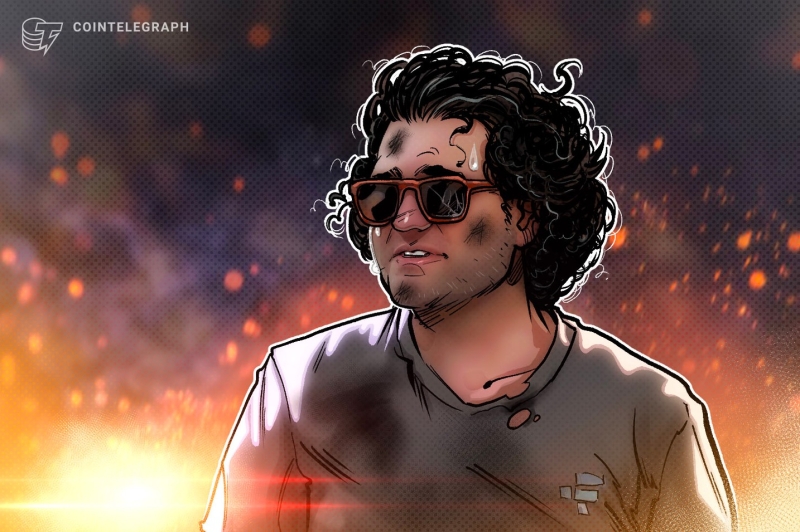Lawyer questions Sam Bankman-Fried on his political donations at trial

The former FTX CEO reportedly said the donations made in his name came from “loans from Alameda Research” as part of efforts to influence U.S. regulations on crypto.
Sam “SBF” Bankman-Fried’s defense attorney Mark Cohen heard testimony from the former FTX CEO on his relationship with Caroline Ellison and political donations from the crypto exchange.
According to reports from the courtroom on Oct. 27, Bankman-Fried claimed not to have discussed donations to U.S. politicians with former FTX engineering director Nishad Singh and former FTX Digital Markets co-CEO Ryan Salame. SBF reportedly said the donations made in his name came from “loans from Alameda Research” as part of efforts to influence U.S. government’s policies on regulating crypto.
“[…] I thought policy was important. Congress and the executive branch… Some were [supportive of] FTX for cryptocurrency lobbying. Some, not most.”
Cohen also posed more personal questions seemingly unrelated to the allegations SBF was facing in court. The defense lawyer asked Bankman-Fried what led to the end of his relationship with Ellison.
“She wanted more than I could give,” the former FTX CEO reportedly said, referring to Ellison. “It wasn’t the first time with me.”
During her testimony, Ellison said the relationship ended as SBF “wasn’t spending much time” with her. Cohen asked the former FTX CEO the reasons behind his style, with SBF replying his hair was the result of him being “lazy” while he found wearing shorts and T-shirts on most occasions “comfortable.”
In earlier testimony on Oct. 27, the former CEO reportedly denied defrauding FTX users by directing efforts at Alameda allowing the firm to use customer funds. Former FTX chief technology officer Gary Wang and others offered testimony claiming SBF had given Alameda the ability to trade more funds than it had available.
Bankman-Fried’s testimony will likely end by early next week following cross-examination by attorneys with the U.S. Department of Justice. Barring addressing any motions or legal hiccups, the court will then likely instruct the jury to deliberate on the seven criminal charges.
